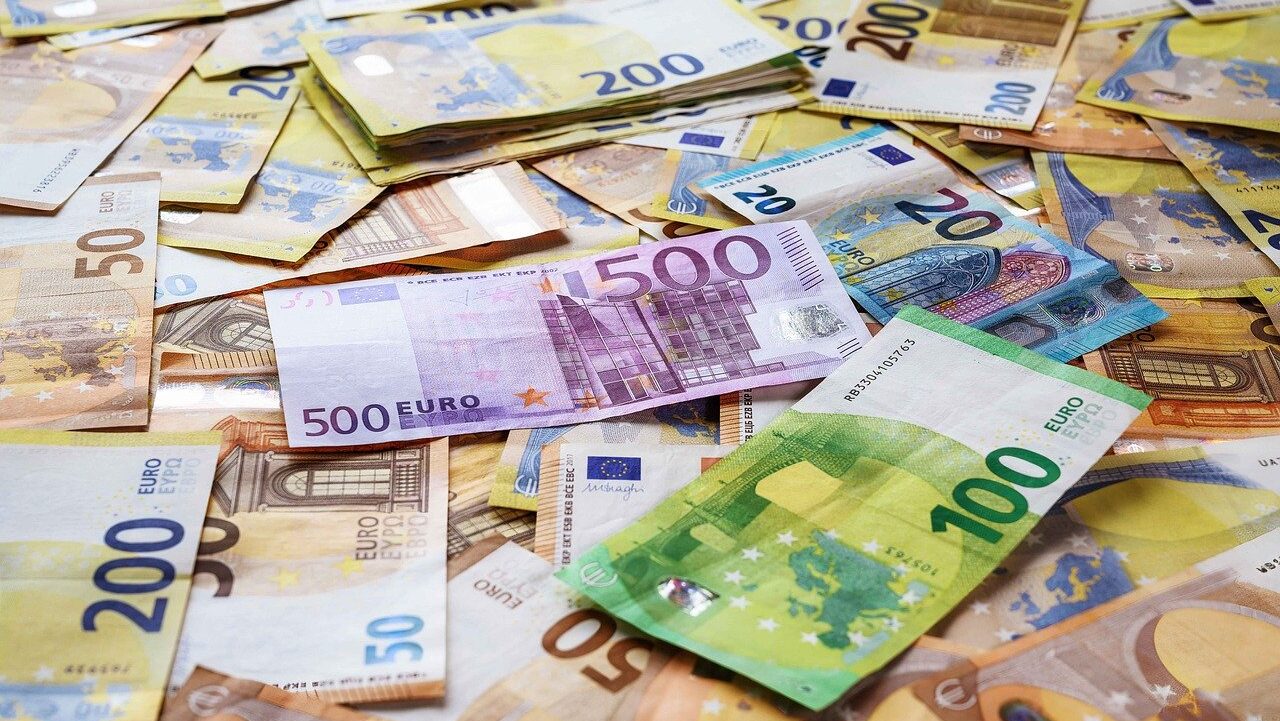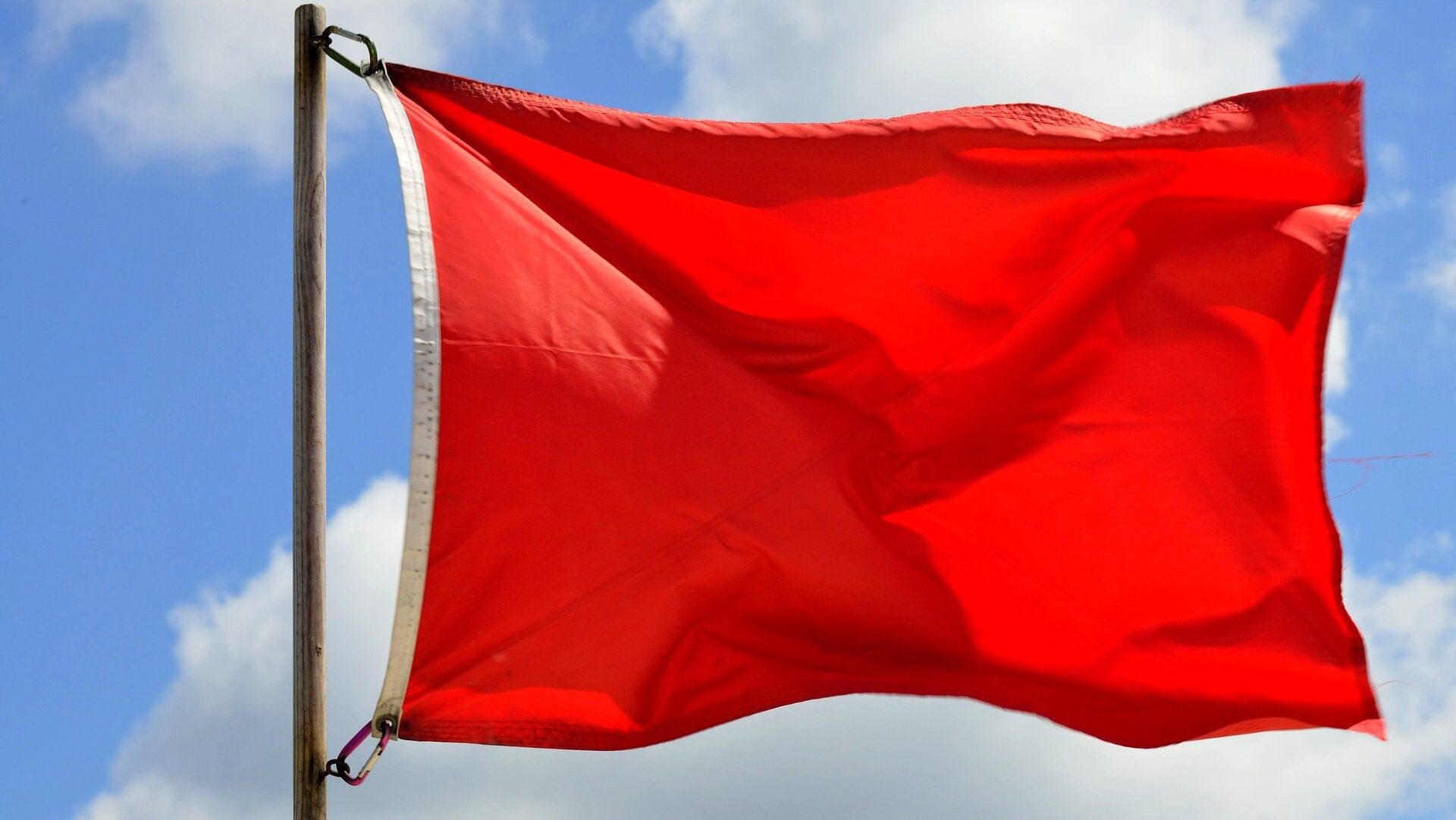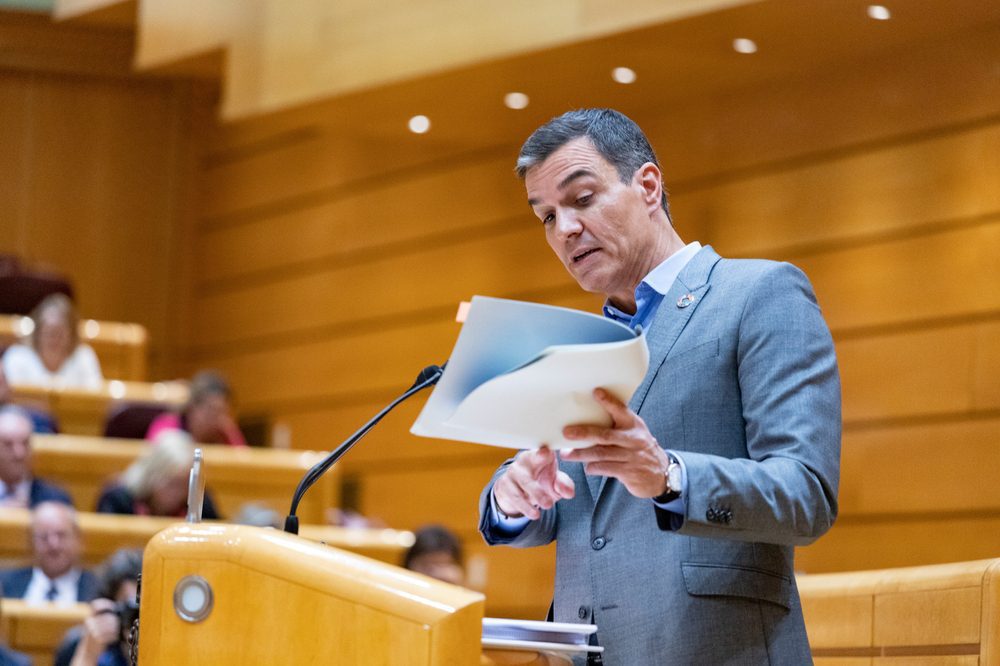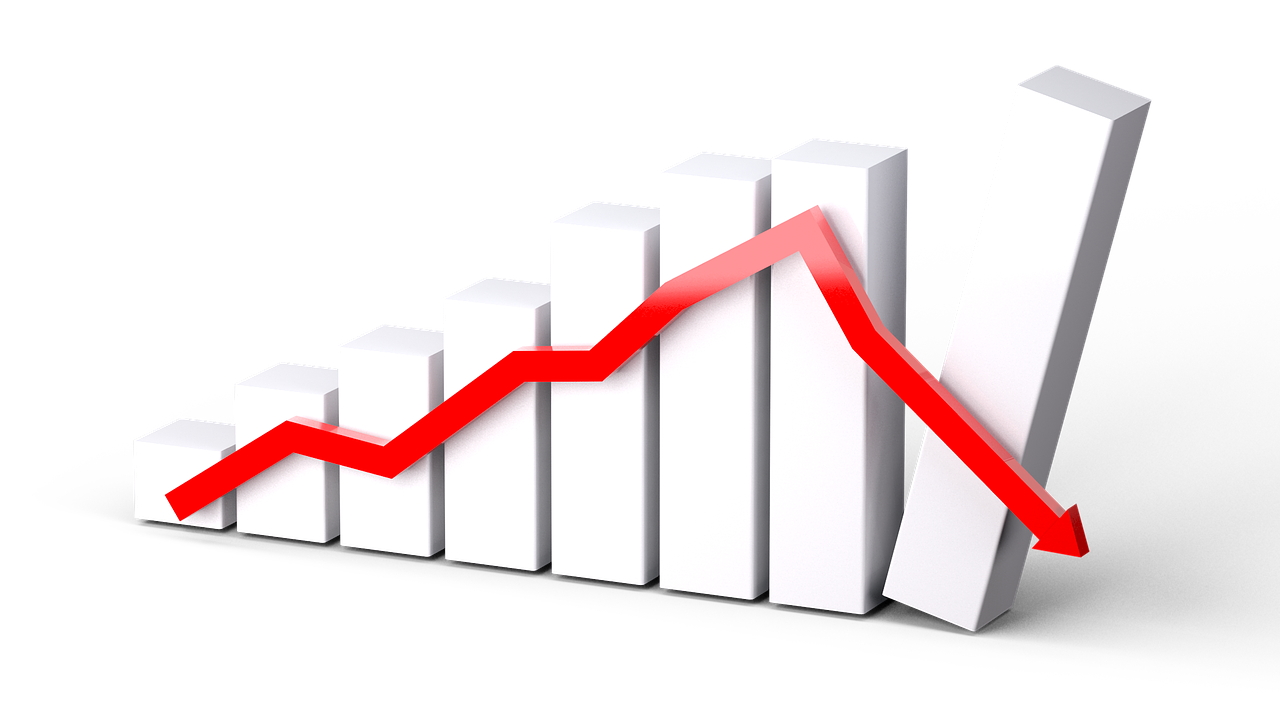
EU Needs To Debate Stagnant Economy
Like an old locomotive that won’t run anymore, the European economy is stuck and can’t get moving. The stagnation will have terrible long-term effects on the continent.

Like an old locomotive that won’t run anymore, the European economy is stuck and can’t get moving. The stagnation will have terrible long-term effects on the continent.

What looks like a mild recession on the surface could turn into something much more serious.

There is a deep, structural flaw in the Swedish economy. It is so bad that the country is now slow-walking itself into an economic crisis.

After a long, agonizing encounter with monetary inflation, Europe is back to more normal levels of price increases. Ironically, that bodes well for the EU economy for the coming recession.

Jobless rates are rising, especially among young workers.

Low inflation and rising unemployment suggest that the ECB will soon abandon its tight monetary policy.

It is time for Europe’s lawmakers to act to save their economy from a long, cold, tough winter.

The twin villains of high inflation and high unemployment have not left Europe. They are just taking a nap under a pile of moderately optimistic economic data.

The EU is perfectly aware that the ‘success’ of Spain’s labor market reforms is nothing but smoke and mirrors, hiding the real unemployment numbers behind meaningless new terms.

In country after country, the economy is getting worse. What can governments do about it?